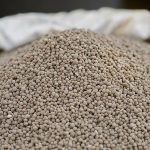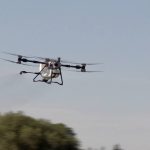Whether animal feed contaminated by salmonella or E. coli 0157:H7 contributes to the overall burden of food-borne illness in humans is a contentious issue. In a letter March 26 to The Manitoba Co-operator, Graham Cooper, executive director of the Animal Nutrition Association of Canada indicated that the Canadian feed industry has adopted measures to prevent



